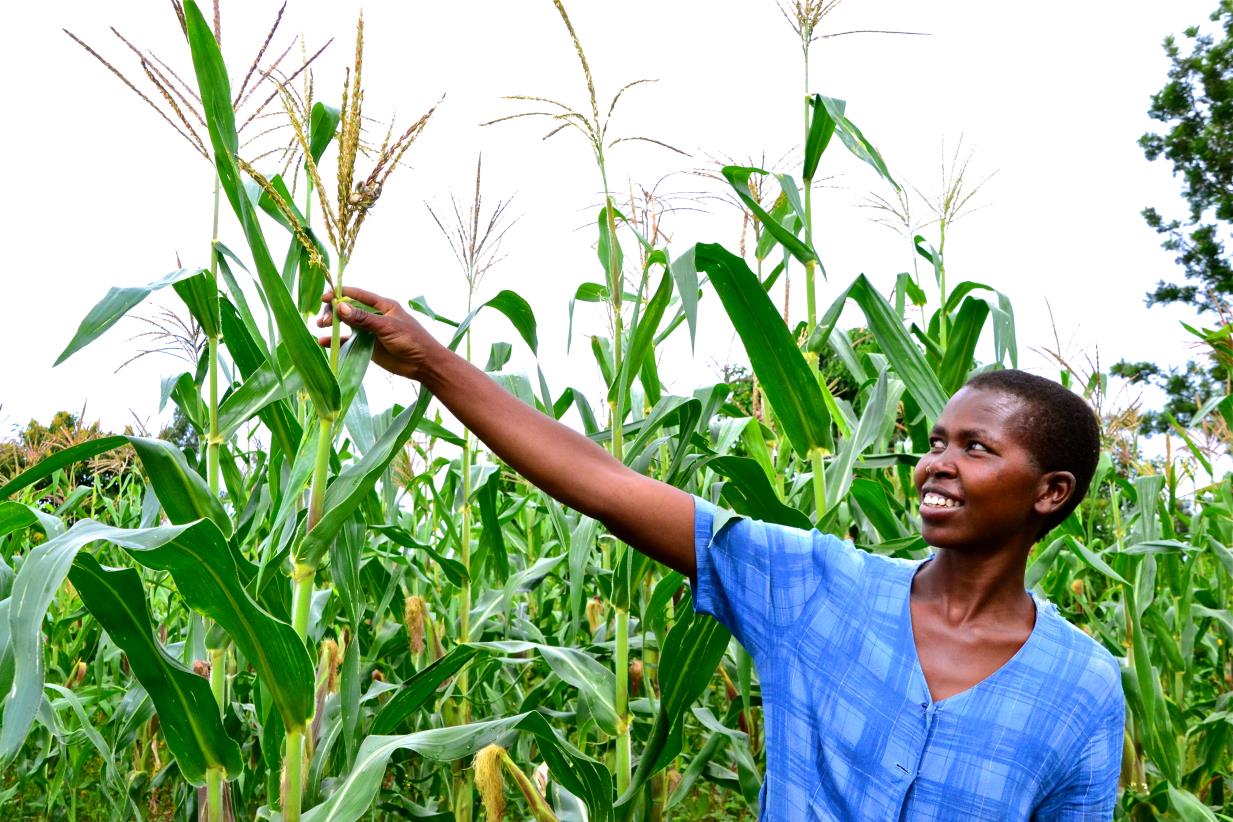FAO Zimbabwe joins the world in commemorating International Women’s Day
In Zimbabwe, FAO has played a big role in recognizing, advocating and celebrating the contribution of women and girls to building sustainable agri-food systems.

@FAO Zimbabwe
The Food and Agriculture Organization of the United Nations (FAO) in Zimbabwe today joins the world in commemorating International Women’s Day 2022. Held under the theme #BreakingTheBias, whether deliberate or unconscious, bias especially in the food and agriculture sector makes it difficult for women to progress. Knowing that bias exists isn't enough. Action is needed to level the playing field in this sector. This year’s commemorations are being held when the world is battling with the effects of climate change and the COVID-19 pandemic among other multiple challenges – women and girls have suffered this burden the most.
“Climate change affect men and women differently. It is therefore impossible to build resilience in households and communities without addressing systemic gender inequality as gender influences sensitivity to disturbances and, even within the same household, individuals will experience shocks and stresses in different ways,” said Dr. Patrice Talla, FAO Subregional Coordinator for Southern Africa and FAO Representative to Zimbabwe.
March 8 is marked around the world as International Women’s Day. For many women in Africa, including those in the agriculture sector, it will be just another day where invisible barriers hold them back from their true potential. FAO believes that inclusivity and fairness are key to achieving sustainable development in agriculture, and that this objective cannot be obtained without accounting for the central role played by women in the sector, including in agriculture markets, trade and value-chain development.
In Zimbabwe, FAO has played a big role in recognizing, advocating and celebrating the contribution of women and girls to building sustainable agri-food systems. FAO projects, that have been implemented in the country have immensely contributed to food and nutrition security were implemented anchored around gender equality and women empowerment.
Learn more
